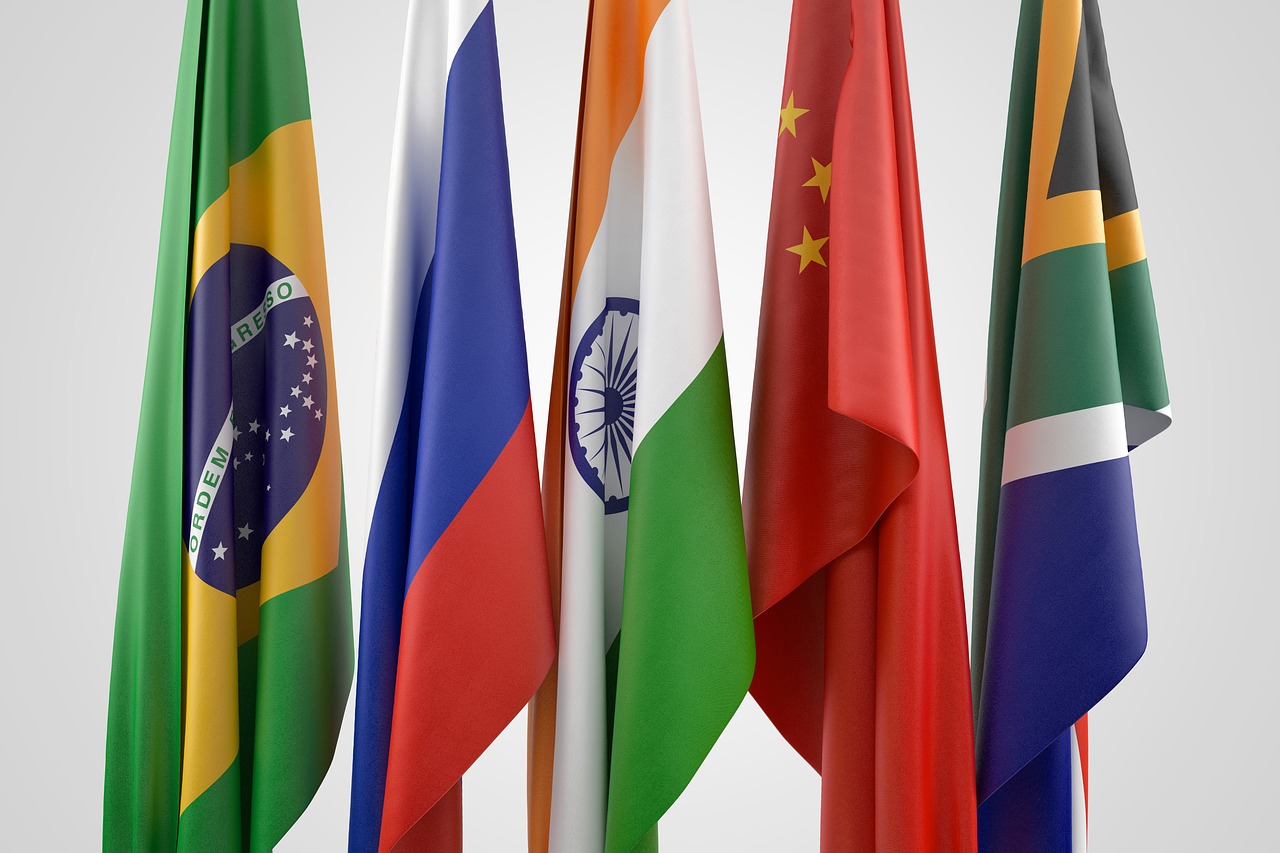
The 15th edition of the annual BRICS Summit was recently held in South Africa and could be a watershed moment for the bloc. The intention is clearly to accelerate a push towards a new world order, while still transforming international institutions and advancing trade and investments for and among its member countries. The summit took a noteworthy decision to expand the BRICS bloc and admit new members to this already formidable grouping of top emerging economies. From January 2024, the BRICS group will be joined by Ethiopia, Egypt, Argentina, United Arab Emirates, Saudi Arabia, and Iran. Currently, the combined contribution of the five BRICS members to global GDP is 31.5%, and with its new members, BRICS is expected to contribute over 50% of the global GDP by 2030, which will far surpass the contribution of the G7 countries. Furthermore, with the added countries, BRICS will have 46% of the world population, representing a huge market potential for its members.
More striking is the addition of oil rich countries like Saudi Arabia, the United Arab Emirates, and Iran, which will further fuel the BRICS bloc’s agenda and gradually reduce the dependency on and power of the US dollar globally to boost trade. This is particularly important for South Africa as it opens up more opportunities to develop and strengthen bilateral trade relations with these oil rich nations, as well as to further explore other areas of mutual interest. Given South Africa’s current energy crisis and the need for more foreign direct investment to stimulate economic growth, an expanded BRICS could be part of the solution to some of South Africa’s current political and economic challenges.
First, it can enhance the country’s global influence and its voice on multinational institutions such as the United Nations, World Trade Organisation, and World Economic Forum. Within the BRICS bloc, South Africa is best placed to negotiate and find consensus and cooperation with other BRICS countries on matters of mutual interest, more specifically in advocating for reforms and calling for fairness and more inclusiveness in these multinational institutions.
Forging strong economic ties with diverse emerging and growing economies bodes well for South Africa as it opens up more export market destinations for the country’s produce. As South Africa recovers from the devastating effects of the COVID-19 pandemic, stabilising the economy through industrialisation and diversification of its minerals and agricultural produce by finding alternative markets, might be the key stimulus it requires. Faced with stiff competition for the big established markets in the US and Europe, along with import tariffs imposed on those markets, it is increasingly difficult for South African companies to make major inroads in those markets. As such, more members in the BRICS bloc could open up new market opportunities for South African companies, including service-related sectors such as business process outsourcing and tourism.
Increased bilateral trade and investments inflows stemming from the expansion of BRICS could have many economic spinoffs for South Africa. Expanded market access could boost the country’s manufacturing output, stimulate and grow new sectors, lead to more innovation, and boost the country’s competitiveness. In addition, it could bring more investment into the country, thus increasing job opportunities and reducing unemployment and poverty. This could ultimately expand the economy and grow the country’s shrinking tax base.
On the international front, South Africa has long lobbied for changes and greater transparency in the UN Security Council as it strives for Africa and other developing nations to play a bigger role in international affairs and defining international relations. The summit supported this call and more significantly, the two BRICS members who are also permanent members of the UN Security Council -– China and Russia – fully support this call. BRICS support could add a huge emphasis to the calls from South Africa – and Africa more broadly – for UN reforms that ensure more representative and democratic international institutions. This would be a significant victory for South Africa and would further enhance its role and position within the Africa continent.
South Africa is often viewed as a gateway to the rest of the African continent, and it is well positioned to benefit more from the expanded BRICS. With its developed logistics infrastructure – including world-class ports, airports, and rail and road network, as well as its sophisticated financial system – South Africa can serve as a conduit through which the Global South can connect with the continent for trade opportunities. This could attract more trade and investment opportunities for the country and further help to boost trade with other African countries.
The expansion of BRICS could provide the building blocks for South Africa’s economic recovery and offer the country an opportunity to build further economic and political alliances. However, to capitalise on these opportunities, South Africa will require a BRICS that is more effective, and not just impressive in its composition or size.
By Luvuyo Mncanca










